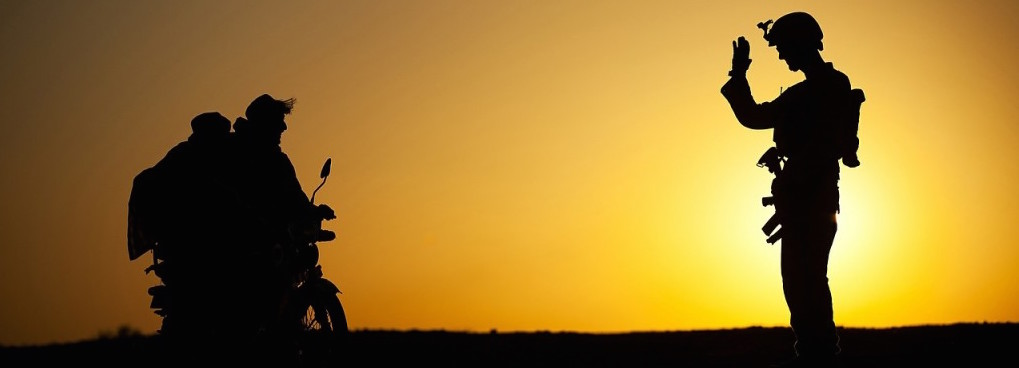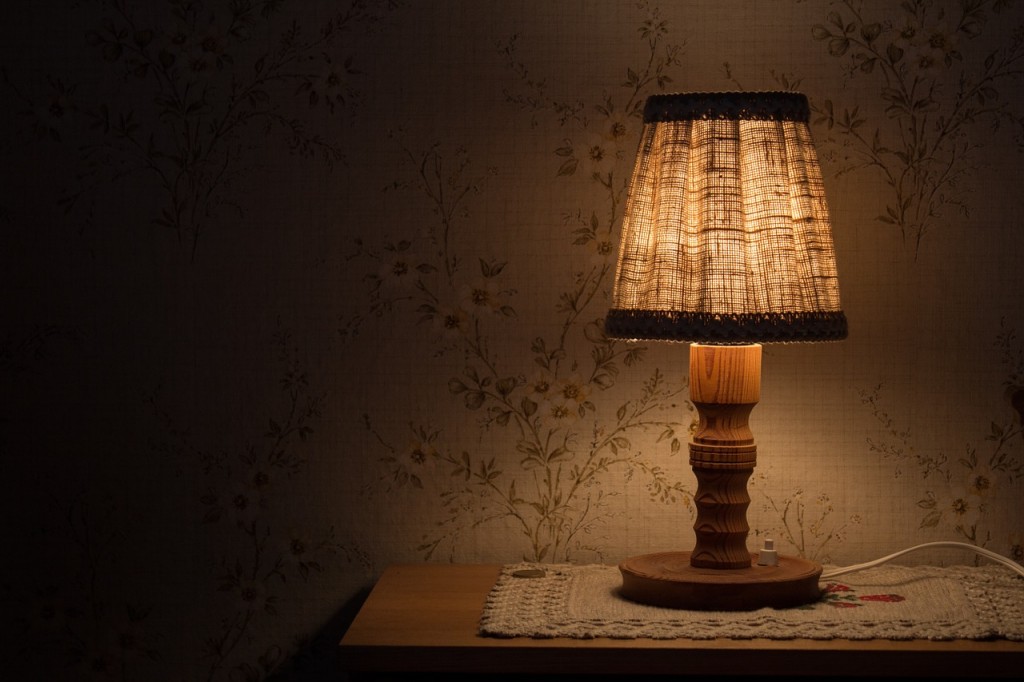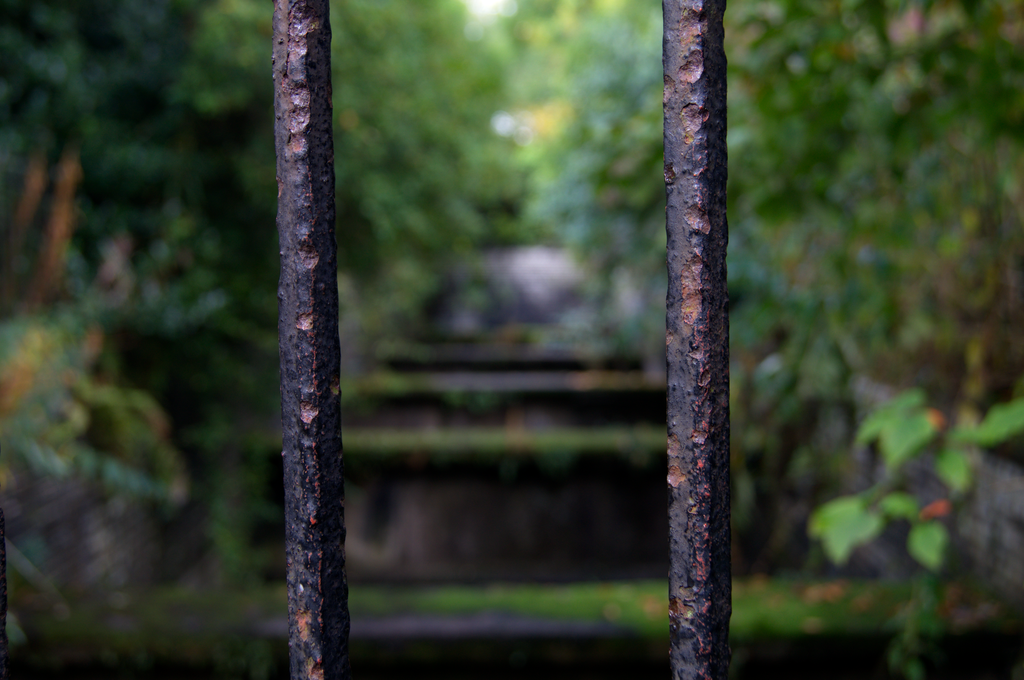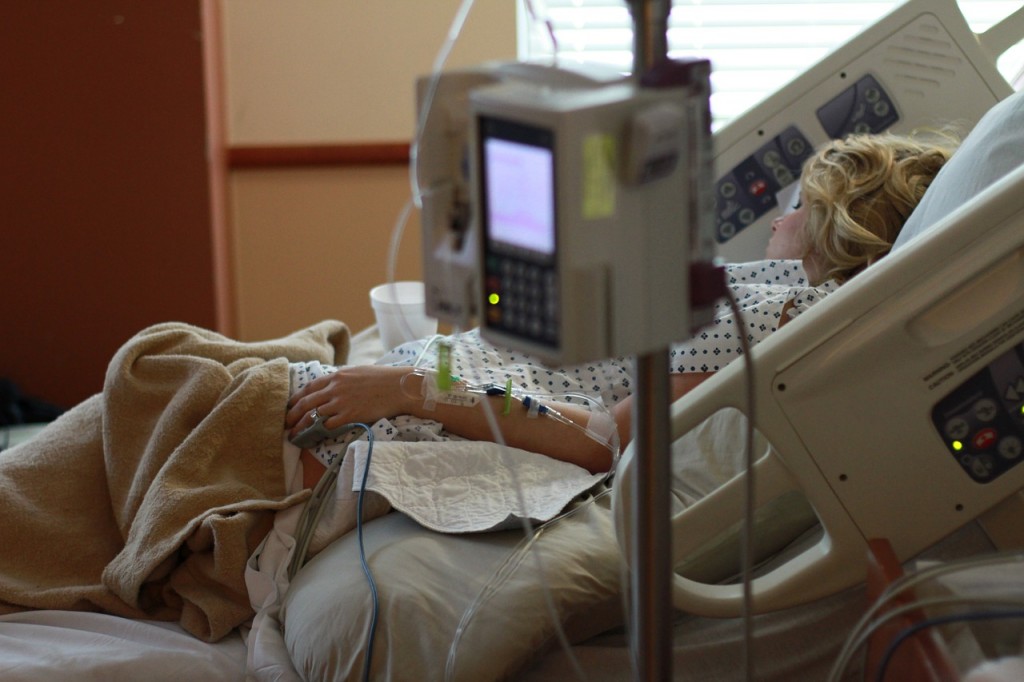Happy birthday to the Human Rights Act (HRA), which turns 15 today – it came into force on 2 October 2000. We thought we’d celebrate by posting 15 surprising things the HRA has done. And there are plenty more where that came from – see our infographics.
1. It prompted the Mid-Staffs public inquiry
Between 2005-8, mortality rates at Staffordshire General Hospital were higher than average, and patients were recipients of appalling care. They were left in their beds with soiled clothes; triage in A&E was undertaken by untrained staff; wards were filthy,; water was left out of reach; and staff often treated patients with callous indifference. Because of the HRA, which places duties on public bodies to fully investigate deaths and mistreatment at the hands of the state, there was a full public inquiry into the disaster which resulted in wide-ranging reforms to the NHS.
2. The police must follow up rape claims
 Two women were raped. When they went to the police, they felt that their allegations weren’t taken seriously and the police didn’t listen to them. John Worboys was eventually found guilty of assaulting 12 women, and police believe he “date-raped” up to 100. If the police had listened initially, perhaps those women could have been spared. The High Court (and later, the Court of Appeal), ruled the police had breached the women’s human rights.
Two women were raped. When they went to the police, they felt that their allegations weren’t taken seriously and the police didn’t listen to them. John Worboys was eventually found guilty of assaulting 12 women, and police believe he “date-raped” up to 100. If the police had listened initially, perhaps those women could have been spared. The High Court (and later, the Court of Appeal), ruled the police had breached the women’s human rights.
3. Families of soldiers killed in combat due to allegedly shoddy equipment got access to justice

Families of soldiers killed in combat in Iraq are suing the government because they believe their sons were not given adequate training or equipment. They have been allowed by the Supreme Court to pursue their claim The court said that human rights law meant that the Ministry of Defence couldn’t hide behind immunity laws.
4.Learning disabled people are protected from being unfairly imprisoned

Mig and Meg are twin sisters with learning disabilities. Mig’s disability was more severe than Meg’s. Although both were being looked after, the fact that they were not free to leave the homes they had been given meant that they were suffering a loss of liberty. The judge said ‘a gilded cage is still a cage’, and thanks to the Human Rights Act, there are now regular reviews to ensure the best interests and needs of disabled people in care.
5. Trafficked children are treated as victims, not criminals

Three children from Vietnam were prosecuted for helping to grow cannabis. The children had been trafficked. The court said that the fact they had been trafficked didn’t allow them to be let off all criminal offences. However, if they had been forced to do the crime, they wouldn’t be prosecuted. New evidence showed that they HAD been forced. The Lord Chief Justice said they weren’t criminals -they were victims of a ‘vile trade’.
6. It’s not up to you to prove you’re of a ‘sound mind’

Being trapped somewhere you shouldn’t be is the stuff of nightmares. A man with schizophrenia was detained in a secure mental hospital. With medication, his condition improved enormously. But in order to get out of hospital, he’d have to prove he was now of sound mind. How can you prove you have a sound mind if you had been living in a secure mental hospital for years, and been affected by mental health problems since childhood? The judges acknowledged this flaw and ruled that the burden was on the authorities to prove he posed a threat, rather than on the patient to prove himself.
7. Parents of people who die as a result of poor care can get compensation
A woman with mental illness had been admitted to a hospital. Despite the fact that the woman had began to self harm and had already attempted suicide on a number of occasions, the hospital did not take enough precautions to prevent her hurting herself. Tragically the woman escaped from the hospital and killed herself by jumping infront of a train. The HRA was important in helping her mother get compensation for her suffering.
8. And parents can get compensation whether their child was detained or a voluntary patient

A hospital should have done more to prevent the suicide of Melanie Rabone, a voluntary mental health patient. She was at an immediate risk of suicide, so the hospital had a duty to protect her right to life.
9. An autistic man was reunited with his father

Steven Neary lived at home with his father. He had autism and learning disabilities. The council removed him for a year. His wishes should have been listened to and the council should have involved his father from the start. His human right to family life was breached.
10. Doctors can’t use ‘do not resuscitate’ notices on patients without talking to them and their families first
A lady with terminal lung cancer and her family were not consulted when a ‘do not resuscitate’ notice was placed on her. This violated the right to respect for private and family life. Doctors now need to justify ‘do not resuscitate’ decisions and make sure they keep a note about the discussions they have with the patients and families involved.
11. A woman was able to use the frozen sperm of her deceased husband
A man froze his sperm before starting his cancer treatment. When he died, regulations meant his sperm was due to be destroyed. The woman he loved for eight years and married in a hospice six weeks before he died wanted to use the sperm to have a child. The right to family life under the HRA meant that the court ruled the sperm wouldn’t be destroyed.
12. The council can’t spy on you for no reason
A local council suspected a woman of lying about living in a catchment area for her child’s school. She was tailed around the clock, spied on at home and the details recorded in detailed surveillance forms. It turned out she did live in the catchment area, but regardless, the measures taken by the council were unlawful and breached her right to privacy and family life.
13. The family of a teenager killed by his racist cellmate got justice

A young man serving 90 days in a Young Offender Institution for theft was brutally killed by his cellmate in a racially motivated attack on the day he was due for release. His family used the Human Rights Act to secure a full public inquiry into institutional and individual failings
14. Disabled people aren’t forced to accept horrendous living conditions
A severely disabled woman with limited mobility lived in a council property. Assessments of her needs revealed that the property was unsuitable as she could not access the first floor where the bathroom and bedrooms were situated –a particular difficulty as she was also incontinent. She argued that being forced to live in these conditions for over 20 months breached her human rights. The HRA meant that she was awarded damages and her dignity was restored.
15. Gary McKinnon wasn’t extradited to the US

Mr.McKinnon was fighting extradition to the US to face charges of accessing US government computers. He said he had been searching for evidence of UFOs. Mr.McKinnon has Asperger’s syndrome and suffers from depressive illness. There was a very real chance that he would commit suicide were he to face 60 years in a US jail. The HRA was used to prevent him being extradited and potentially saved his life.
Find out more about the what the Human Rights Act is and why it matters with our plain-English explainer












